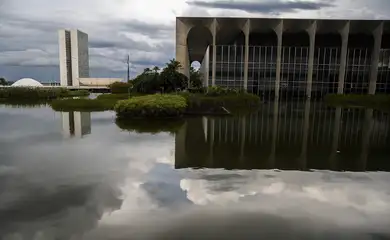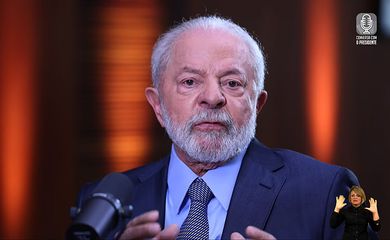At the helm of G20, Brazil calls for effective multilateral banks

In order to fight hunger and reduce global inequality—which are among the priorities for Brazil’s temporary presidency of the G20—multilateral development banks must be more effective. Such was the assessment of Brazilian officials in the G20 working group on international financial architecture, which discussed the issue in Brasília this week.

Also listed as priorities were making the global financial safety net more representative and resilient, addressing debt-related issues with nations facing financial insecurity, identifying vulnerabilities in payment systems, and boosting capital flows to developing economies.
A connection with priorities
“The Brazilian presidency prioritizes fighting hunger and inequality, speeding up the energy transition and sustainable development, and reforming the institutions of global governance. The financial architecture working group connects directly with the priorities of [Brazil’s G20] presidency,” said Felipe Antunes, general coordinator for international economic cooperation at the Ministry of Finance.
The work, Antunes argued, aims to transform the broader priorities into concrete efforts. He recalled that financial architecture played a key role after the crisis of 2008 and 2009 in helping generate consensus on reforming international financial organizations. “It’s a group that’s actually connected to the need to maintain international financial stability, but also to promote development, which is always a priority for the countries of the global South,” he stated.
Antunes believes that Brazil, as chair of the G20, has the opportunity to rely on the international financial framework to advance these priorities aimed at the neediest people. The Brazilian working group advocated the global discussion on the reduced representation of developed countries. “Brazil can value the participation of debtor countries.” The working group plans to hold an event later this year on debt, with African countries playing a leading role.
Resources
According to the general coordinator for the reform of multilateral development banks at the Ministry of Finance, Karin Vazques, the moment marks the beginning of the journey towards a system of better, bigger, and more efficient multilateral development banks. “We had 160 representatives from the capitals of the G20 countries [in the working group], in addition to experts and international organizations, including 12 multilateral development banks, among which the World Bank and the Inter-American Development Bank,” she said.
To ensure that the development of this action plan remains collaborative and inclusive, she noted, the Brazilian presidency of the G20 has introduced two innovations. “The first is the creation of sessions dedicated to multilateral development banks […]. The second innovation is the collaboration we are establishing and strengthening with the group of presidents of multilateral development banks.”
In addition to the challenge surrounding resources, needs are constantly increasing, Vazques went on to say. “There is an additional need for $1.3 trillion a year by 2030 in emerging countries and developing economies. Of this total, the vast majority is for additional investments in climate action and investments to achieve other sustainable development goals, including education and health.”






